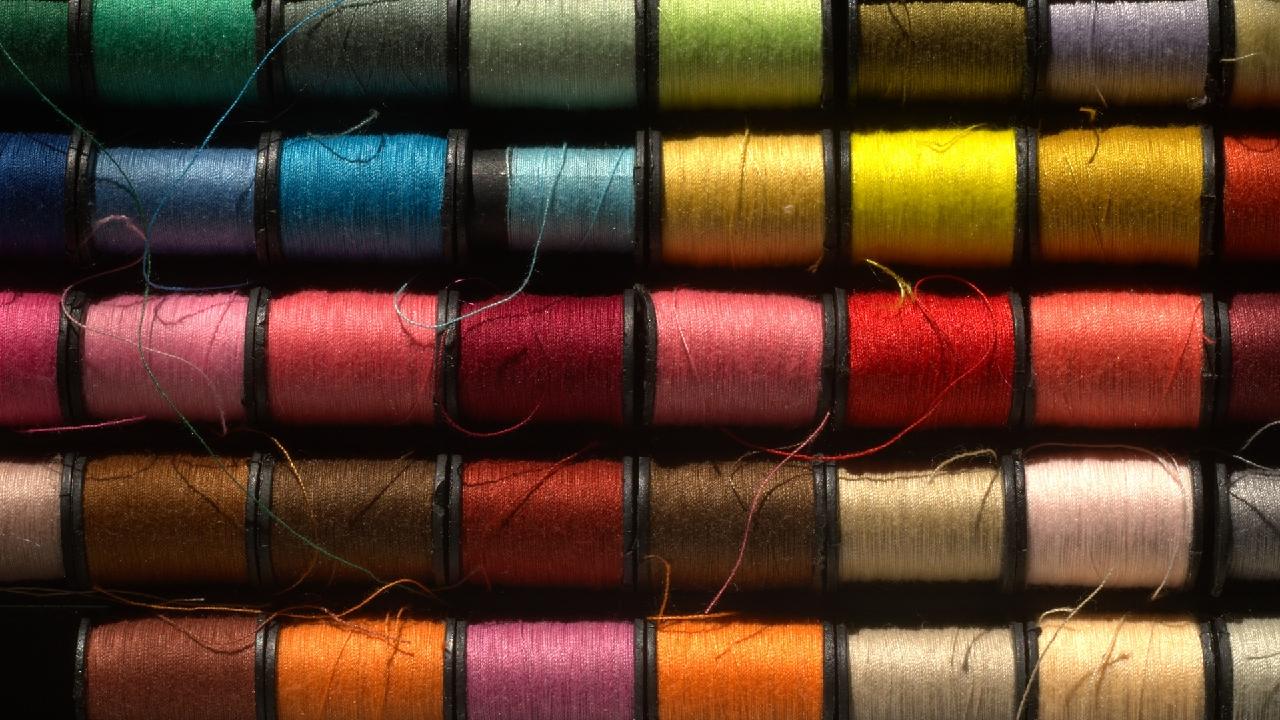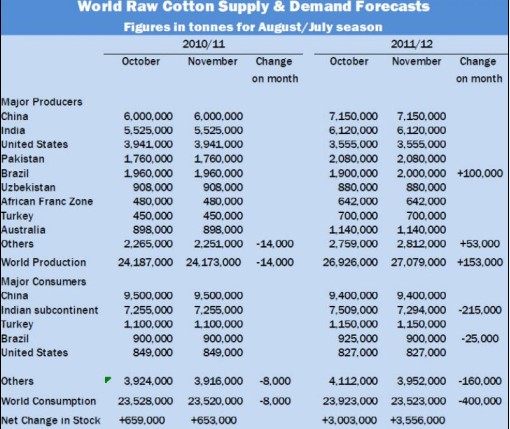|
Bio-technology (Bt) cotton seeds have been responsible for the manifold increase in production of cotton in India. In the previous cotton season; 2010-11, cultivation of Bt cotton seeds had crossed 90 percent of the cotton acreage in India. A 2009 joint survey of the Asia-Pacific Consortium on Agricultural Biotechnology (APCoAB) and Asia-Pacific Association of Agricultural Research Institutions (APAARI) clearly established the positive impact of Bt cotton in all cotton growing areas. The survey report states that since the introduction of Bt cotton in 2002, cotton production has doubled from 2.3 million tons in 2002-03 to 5.4 million tons in 2007-08, while yields skyrocketed from 302 kg/hectare to 567 kg/hectare. In the same period, cotton acreage has risen from 7.7 million hectares to just 9.4 million hectares. However, opposition too is growing to the use of Bt cotton seeds from various quarters including non-governmental organisations, trade bodies, environmentalists, social activists, etc. Fibre2fashion spoke exclusively with an official spokesperson of Monsanto India 每 the US headquartered company which invented and introduced the seeds in 1996 in the US and 2002 in India. Monsanto is a leading global provider of technology-based solutions and agricultural products that improve farm productivity and food quality. The Company is focused on enabling both small-holder and large-scale farmers to produce more food, feed, fibre from their land while conserving more of our world's natural resources such as water and energy. As the world's largest investor in seed and biotechnology research investing US$ 1 billion/Rs. 5,000 crores annually to discover and deliver innovative, high-yielding technologies that help farmers increase productivity and succeed. The spokesperson said, ※Farmers are seeing increasing benefit from using cotton hybrid seeds with insect-protected technologies. The benefit of in-built insect protection in hybrid cotton seeds has helped create superior value for six million cotton farmers by significantly reducing insecticide usage, and boosting their yield and income. ※Research among Bt cotton farmers indicated that 87% are enjoying higher standards of living, 72% invested in their children*s education and life insurance, 67% repaid their long pending debts (IMRB 2008). ※In the future, Indian farmers can greatly benefits from seed technologies like transgenic and molecular breeding etc in most crops focused on delivering choices and efficient weed management given the labour and weed challenges, better insect protection, sucking pest tolerance, disease resistance, drought tolerance, among others. ※At Monsanto, we are 100 percent focused on agriculture and the farmer is at the core of all that we do. We are committed to enable the Indian farmer to produce more, conserve more, and improve their lives, and be a part of the India*s growth. For us, this means offering farmers superior products to help enhance yields§, he summed up by saying. |
|
Bt cotton seeds have created superior value for 6mn farmers 每 Monsanto
Updated: 2011-9-2 Source: Fibre2fashion News Desk - India

Recommended News
Photo Gallery
Most Popular



